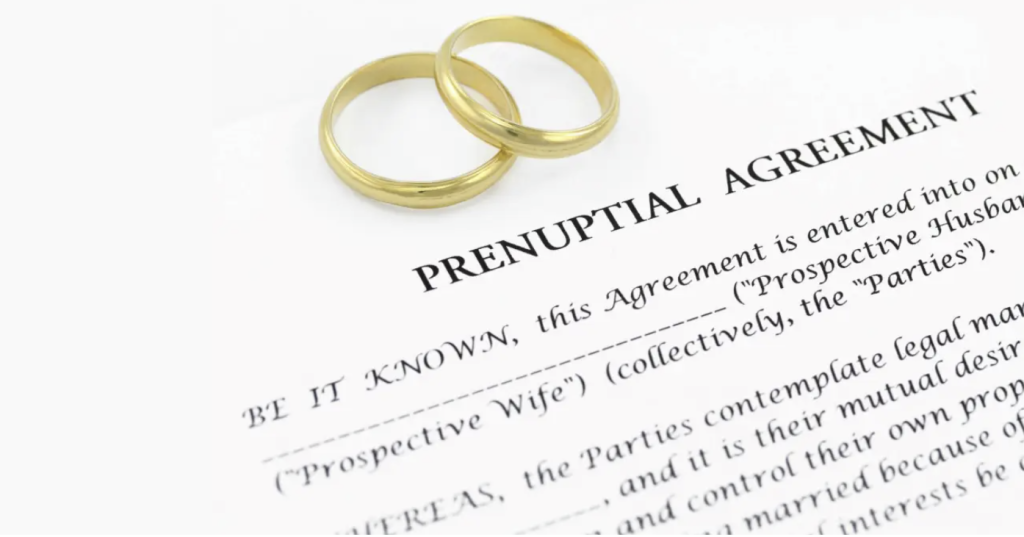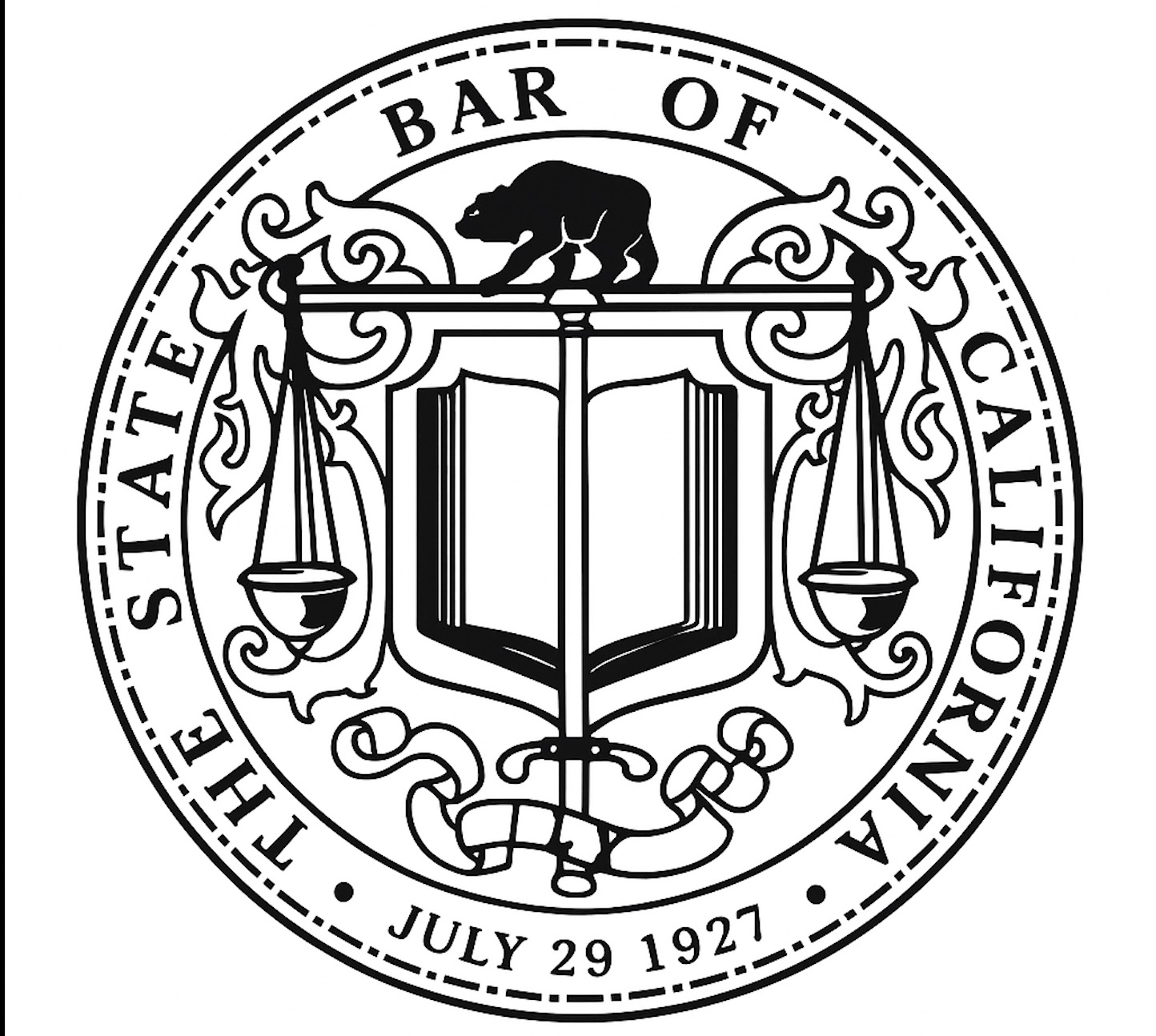Prenuptial Agreement San Diego: Your Complete California Prenup Guide
Authored by Izzat H. Riaz – Californian Paralegal, U.K. Certified Lawyer (LL.M.)

I’ll be the first to say it – few topics make engaged couples squirm more than prenuptial agreements. But as someone who has spent years helping California couples navigate family law, I can tell you this: a prenup isn’t about distrust. It’s about clarity, communication, and protection.
In California, where community property law rules everything from real estate to retirement accounts, a well-drafted prenuptial agreement can make all the difference between an amicable resolution and a financial nightmare.
Let’s walk through what every San Diego couple should know before saying “I do.”
Understanding What a Prenup Really Is
A prenuptial agreement (or “prenup”) is simply a legal contract between two people made before marriage. It sets out how property, income, and debts will be handled, both during the marriage and in the event of divorce or death.
In my experience, couples who approach this process with openness and honesty often end up with stronger marriages. Why? Because they’ve already had the tough financial conversations most couples avoid until it’s too late.
A prenup can:
- Clarify what property remains separate and what becomes community.
- Outline expectations for managing finances during marriage.
- Protect existing businesses or professional practices.
- Define spousal support terms.
- Safeguard inheritances and family wealth.
In short, it’s not a plan for divorce, it’s a plan for transparency.
California’s Legal Landscape: Why Prenups Matter So Much Here
California is a community property state, which means everything earned or acquired during marriage is presumed to belong equally to both spouses. That can sound fair – until one partner owns a business, holds significant investments, or carries large debts.
Without a prenup, the court divides marital assets (and sometimes liabilities) 50/50. With a prenup, you and your partner decide for yourselves what’s fair.
California’s laws follow the Uniform Premarital Agreement Act (UPAA), which lays out clear requirements:
- The agreement must be in writing and voluntarily signed.
- Both parties must fully disclose their finances.
- Each person must have the chance to seek independent legal advice.
- The terms can’t be grossly unfair or coercive.
Courts take these agreements seriously, but they also scrutinize them carefully. A prenup signed under pressure or without disclosure won’t stand. That’s why timing and transparency are everything.
Why So Many Couples – Especially in San Diego – Need Prenups
1. Protecting Assets You Already Have
If you own property, investments, or a business before marriage, a prenup helps ensure those assets remain yours. It prevents commingling that can blur the line between separate and community property.
2. Business Owner Protection
As someone who’s worked with countless entrepreneurs, I always stress this: a divorce can destroy a business faster than bad accounting. A prenup can safeguard the company you’ve built by keeping ownership and control separate from marital property.
3. Protecting Family Wealth and Inheritance
If you’re expecting inheritance or come from a family with generational assets, a prenup keeps those resources protected. It also helps ensure that children from prior relationships receive their intended inheritance.
4. Debt Shielding
Not all liabilities should become “ours.” A prenup can keep one spouse’s debt, student loans, business liabilities, or credit cards, from becoming the other’s burden.
5. Second Marriages
For many in San Diego, remarriage comes with blended families, established assets, and prior commitments. A prenup brings order and protection to what could otherwise be chaos.
What You Can and Can’t Include
What You Can Include
- Property division: How you’ll treat real estate, investments, and savings.
- Spousal support: Whether to waive, limit, or define it.
- Business interests: Ownership rights and valuation methods.
- Estate planning: How your prenup coordinates with wills and trusts.
- Debt allocation: Who’s responsible for existing or future debts.
What You Can’t Include
- Child custody or support: These decisions always depend on the child’s best interest at the time of separation.
- Illegal or unconscionable terms: Anything grossly unfair or violating public policy will be struck down.
- Personal lifestyle rules: Prenups are for finances, not relationship management.
Creating a Valid California Prenup
Here’s how to do it the right way:
- Start early – at least a few months before the wedding.
- Put everything in writing – oral agreements mean nothing.
- Be honest – disclose every asset, account, and debt.
- Hire independent counsel – both sides need separate attorneys.
- Allow time for review – don’t sign under pressure.
- Keep it fair – one-sided agreements rarely survive court scrutiny.
When I help clients through this process, I focus on calm, transparent communication. A prenup should never feel adversarial – it’s about protecting both people’s futures, not giving one side leverage.
Common Mistakes I See (And How to Avoid Them)
- Waiting too long: Signing a prenup days before a wedding is an open invitation for a court to void it.
- Hiding assets or debts: Disclosure isn’t optional – it’s the foundation of enforceability.
- Using an online template: California’s requirements are too specific for “do-it-yourself” forms.
- Failing to update: Major life changes (children, businesses, real estate purchases) should trigger a review.
A well-crafted prenup should evolve with your life – it’s not something you lock away and forget.
Working with the Right Legal Team
At JLegal, we approach prenuptial agreements with discretion and respect. We’ve helped many San Diego couples protect their assets and enter marriage on solid financial footing.
Our process is thorough but not intimidating. We start by understanding your priorities, reviewing your finances, and identifying what matters most, protection, fairness, and peace of mind. From there, we draft, negotiate, and finalize your agreement with full compliance under California law.
Final Thoughts: A Prenup Isn’t About Love, It’s About Wisdom
I’ve had clients tell me, “It feels unromantic to talk about a prenup.” My response? “It’s far more unromantic to fight over money later.”
A well-drafted prenuptial agreement doesn’t predict failure, it prevents confusion. It’s the legal equivalent of good communication: transparent, respectful, and future-focused.
If you’re engaged in San Diego, start the conversation now. Don’t wait until emotions or deadlines complicate things. Take the time to craft an agreement that reflects your values, your relationship, and your future.
You’re not preparing for divorce, you’re preparing for clarity. And in law, as in marriage, clarity is the strongest foundation there is.













